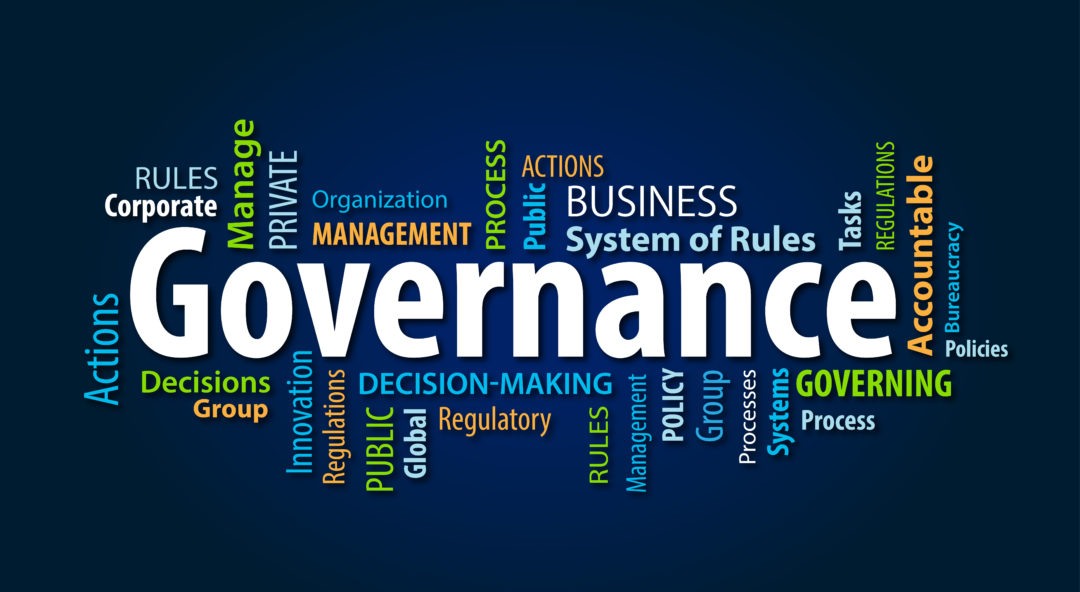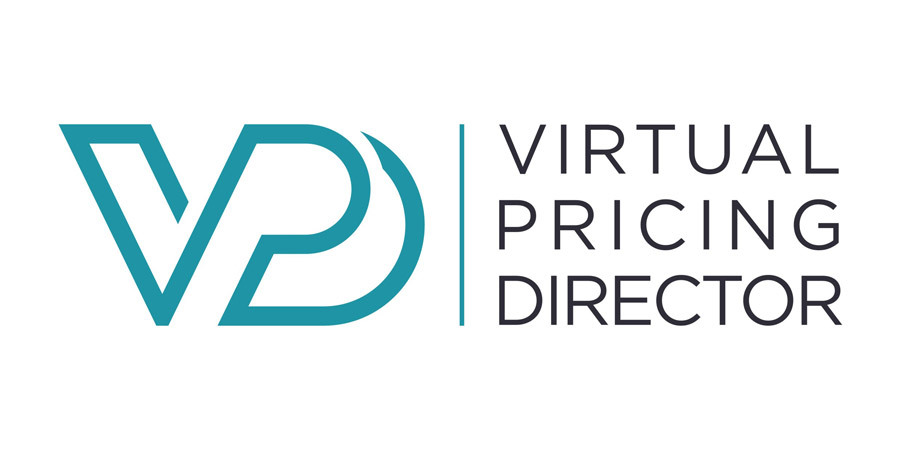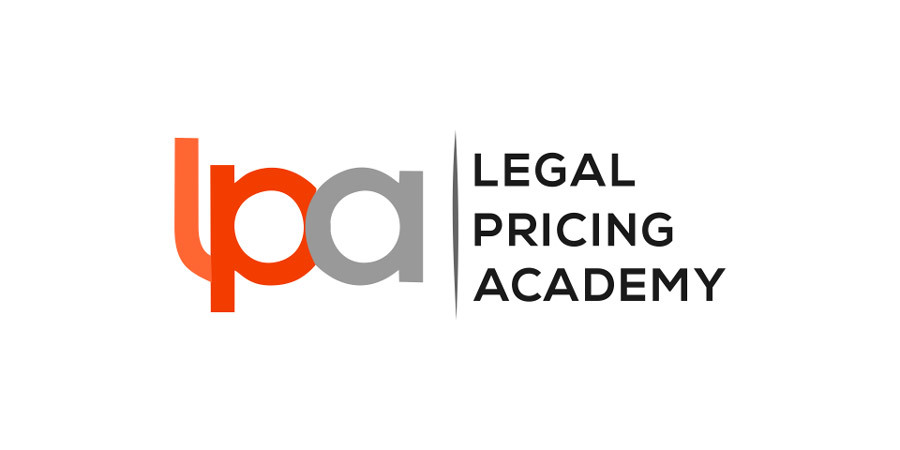With the Virtual Pricing Director Pricing Espresso® we aim to bring you your pricing 'shot' - some of the most interesting, thought-provoking and informative material we can find globally which will be of interest, relevance and help to you in your firms' pricing challenges.
Pricing
William Fry to adopt Virtual Pricing Director for greater transparency

Leading Irish law firm William Fry is set to deploy Virtual Pricing Director, the legal SaaS pricing platform conceived and built over five years by international legal pricing experts Validatum, we can reveal.
Commenting on the decision to select VPD, Owen O’Sullivan, managing partner at William Fry said: “By integrating Virtual Pricing Director into our pricing approach, we can deliver greater pricing transparency and budgeting certainty for both existing and prospective clients. Read more...
Pricing Governance and Its Influence on Law Firm Profitability and Culture

Traditionally, partners at law firms have held the reins when it comes to pricing autonomy, being vested with the authority to negotiate prices, extend discounts, and write-off billable hours. This long-standing practice stems from the principle that partners, with their proximity to clients and intimate knowledge of their needs, are best equipped to make client-specific pricing decisions. However, our data suggests that firms can enhance profitability by moderating partner pricing discretion and instituting a systematic pricing governance framework.
From a superficial standpoint, the concept of curtailing partner pricing autonomy might seem paradoxical. This perspective takes root in the understanding that while partners are experts in their respective legal domains, they might not necessarily be proficient at formulating pricing strategies that optimise firm profitability. Partner decisions are often influenced by variables such as securing new clients, mollifying existing ones, or meeting personal billable hour targets. These decisions, while individually justifiable, might not align seamlessly with the broader financial aspirations of the firm. Read more...
Legal Departments Hit Accelerator on Insourcing as Cost Pressures Rise

One driver of the trend is in-house frustration over law firm inefficiencies, such as attorneys' showing off how much they know and commenting excessively on draft documents.
With legal department workloads swelling, departments are accelerating their efforts to take work away from law firms and bring it in-house to save money, according to a new Thomson Reuters report.
According to the report, 69% of general counsel are under moderate to significant costs pressures from business leaders. In response, 68% said they were looking to bring more work in-house over the next 12 months. Read more...
Are Clients Really Shifting Work from Big Law to Lower-Priced Firms?

Demand fell last year for the Am Law 100, was flat for the Am Law second hundred, and grew for midsize firms. But data and history suggest this isn't the Second Hundred eating the 100's lunch.
A popular market narrative has it that the current contraction in demand at Big Law, combined with growth in demand at midsize firms, is evidence of price-sensitive clients shifting work from big firms to their smaller, lower-priced, brethren and, further, that this price-driven shifting is a long-established trend that will accelerate if Big Law continues to raise billing rates to drive revenue and profitability.
While this view has appeal to the many who’d like to see Big Law change its business model, it is inconsistent with the numbers and market history. Read more...
Will lawyers’ hours increase in a recession?

In a declining economy, some law firms are likely to demand more from their staff in a bid to maintain profitability, forcing lawyers to work longer hours — not only to drive client success but also to avoid potential redundancies.
In May this year, it was revealed that 82 per cent of Australian workers were feeling pressured to work additional hours — with legal recruiters at the time confirming that “lawyers’ hours have always been long”.
This came after 83 per cent of Lawyers Weekly’s audience admitted that they were “very likely” or “somewhat likely” to work while on leave, and last week, 39 per cent of lawyers said they were working over 50 hours a week — well over the “ordinary hours” of 38 hours a week stated in the Fair Work Act. Read more...
Is the billable hour incompatible with DEI?

With many BigLaw firms placing diversity, equity and inclusion at the top of their priority lists, a significant number of lawyers believe that billables are holding progress back.
Recent research from the Legal Services Board in the UK found that the billable hour and a lack of flexibility within firms were negating diversity, equity and inclusion (DEI) initiatives.
The culture of working long hours to achieve higher billable hours was said to exclude certain groups of people, with a number of anecdotal examples of being denied flexible working and working late into the night and on weekends to meet billable hours targets. Read more...
Aggressive Billing Rate Hikes and Boosting Leverage Will Help 'Static' Law Firms

Positioning a law firm as a lower-cost alternative doesn't appear to be bearing fruit for so-called static law firms, according to a new report.
Law firms struggling to post financial gains would do well to boost leverage, double down on tech spend and lean into more aggressive billing rates, according to a new report this week.
Indeed, such “static” law firms have grown billing rates roughly 2.8% each year over the last decade, while their more “dynamic” counterparts have bumped them up by about 4.1%, according to the 2023 Dynamic Law Firms Report from Thomson Reuters, published Monday. Read more...
Wachtell's Billing Practices Brought to Light in Twitter Fee Lawsuit

The firm gets paid 60% to 80% of investment banks working on the same deals and two to three times its billable rate on “premium-billing” litigation matters, according to a court filing.
In addition to charging hourly fees on par with top Wall Street law firms, Wachtell, Lipton, Rosen & Katz routinely charges success fees that rival the fees of investment banks in merger and acquisition transactions, according to an email Wachtell partner William Savitt sent to Twitter’s in-house counsel on the eve of Elon Musk’s takeover of the company.
The firm also adds success fees between two and two-and-a-half times the firm’s hourly fees in “premium billing matters that involve substantial litigation,” according to the email. Read more...
Costs
The Rising Cost of Legal Services: Insights from 10 Years of Data from CounselLink’s Kristina Satkunas

Our guest this week is Kristina Satkunas, Director of Analytic Consulting at LexisNexis. Kristina discusses the recently released LexisNexis CounselLink Enterprise Legal Management Trends Report for 2023. This annual report provides insights and benchmarks on key metrics related to corporate legal spending and outside counsel relationships.
The 2023 report found that law firm hourly rates increased 4.5% over the past year, the highest year-over-year increase in the 10 years LexisNexis has published the report. While rate increases are not surprising, the magnitude is noteworthy. Kris attributes the largest drivers of the increase to economic factors like inflation as well as lower demand for certain types of legal work. However, average blended rates (the rates charged for entire matters rather than individual timekeepers) remained relatively flat. This suggests in-house counsel are mitigating rate hikes by changing the mix of firms, timekeepers, and types of timekeepers working their matters. Read more...

